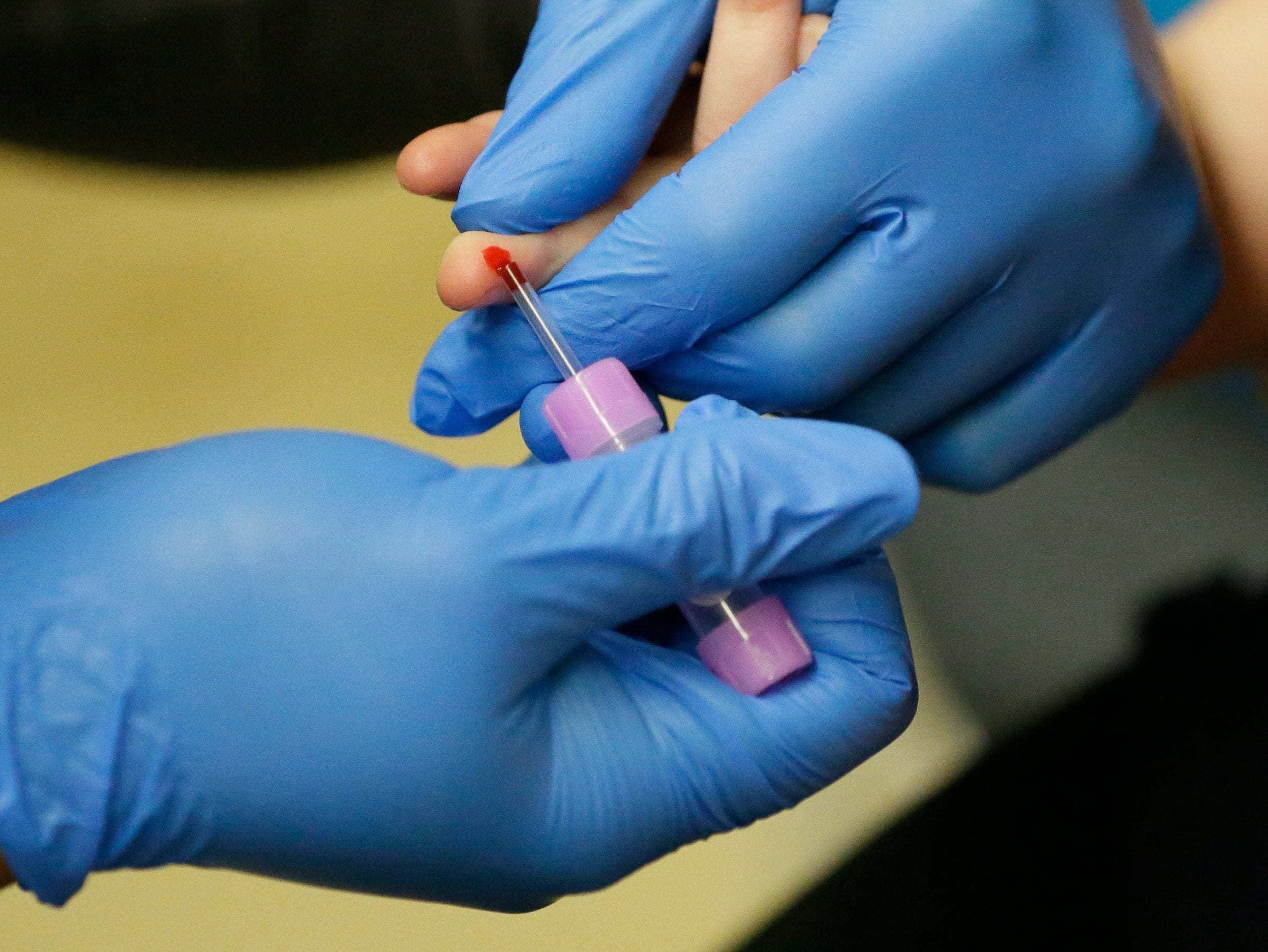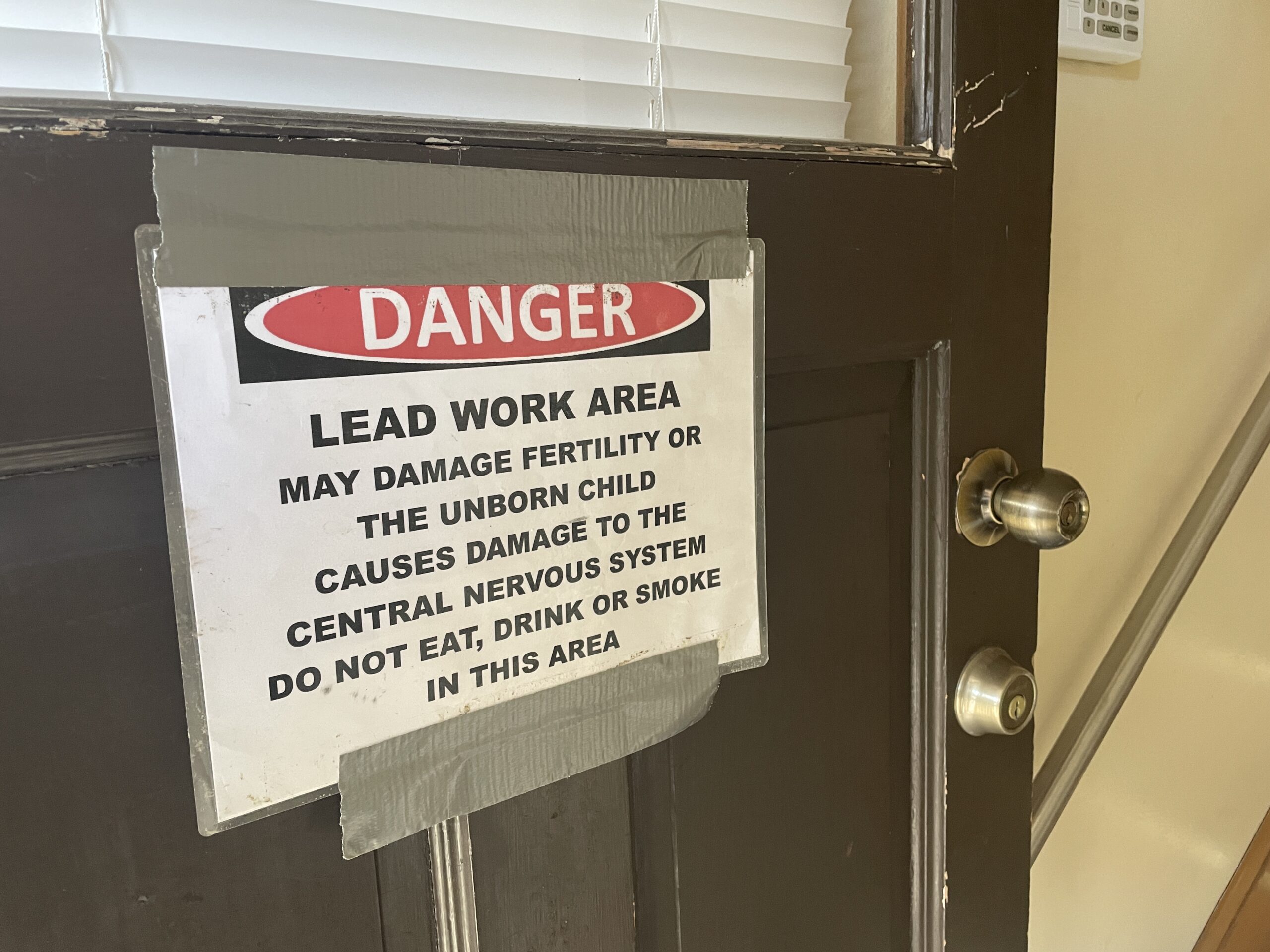A report by the Wisconsin Department of Health Services shows several deficiencies in the Milwaukee Health Department’s Childhood Lead Poisoning Prevention Program.
The report ran an in-depth review of 108 cases — between 2012 and 2017 — of children who had elevated blood lead levels.
Findings show poor or nonexistent records for cases and gaps in following up with a number of cases.
News with a little more humanity
WPR’s “Wisconsin Today” newsletter keeps you connected to the state you love without feeling overwhelmed. No paywall. No agenda. No corporate filter.
The state could not obtain files from 46 percent of the nurse case management files it selected for review.
It found that public health nurses closed 64 of 70 cases prematurely and without meeting the requirements of lead testing required by the state.
The state requires children to test positive for less than a certain level of lead twice and at least six months apart. Instead, findings show cases were being closed by public health nurses after patients saw dips in lead levels.
In 16 percent of the 70 cases closed, children saw their blood lead levels increase again but the audit reports these cases were not reopened.
When children test for elevated blood lead levels there is also supposed to be an environmental investigation. The investigations aim to identify the causes behind the lead poisoning of a child.
In 26 percent of the investigations that required a form of lead abatement, cases were closed with no evidence that the work had been done.
A June 2016 policy change also made it so these environmental investigations were no longer being performed, in cases that required it based on state statute. The policy change also made it so that 12 children who should have had a public health nurse assigned, did not.
The Milwaukee Journal Sentinel first published a draft of the report Thursday.
Many of the state’s findings reinforce those in an internal review the Milwaukee Health Department published in January.
“This is not complicated,” said Alderman Michael Murphy. “You have a state statute, you have a requirement to follow and somehow in their department, they lost sight of that.”
A spokeswoman for the Milwaukee Health Department said the city’s interim health commissioner will not be making a statement at this time.
In a written statement, Mayor Tom Barrett said, “This report came to the same conclusions we came to last year that there are significant issues that needed prompt attention. That’s why we have invested so much effort in corrective action and we continue to prioritize the health of children in Milwaukee to make sure we are doing everything that is appropriate.”
Wisconsin Public Radio, © Copyright 2026, Board of Regents of the University of Wisconsin System and Wisconsin Educational Communications Board.







